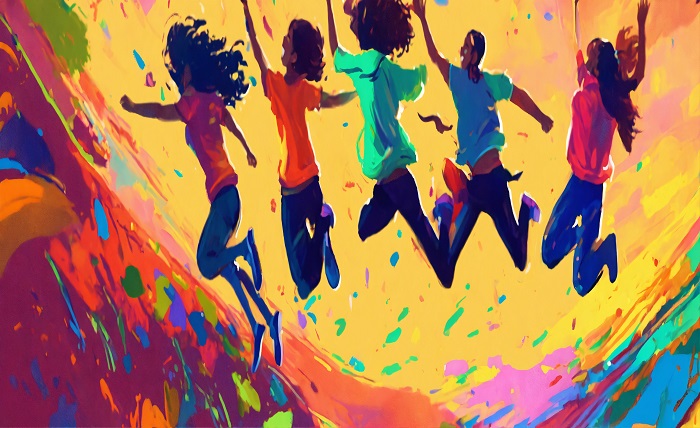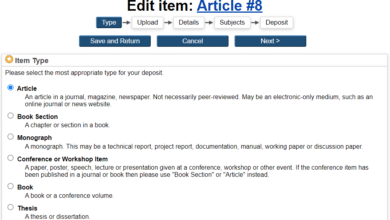Holi Kab Hai: Complete Guide to the Festival of Colors in 2025

When people ask holi kab hai, they are not just asking about a date but about one of the most vibrant and joyful festivals in India. Holi is celebrated with colors, music, dance, and rituals that bring families and communities together. The phrase holi kab hai trends across India as soon as the festival approaches because everyone wants to prepare for the celebrations, buy organic colors, arrange sweets, and plan gatherings. In 2025, Holi will be celebrated with even greater enthusiasm, and knowing holi kab hai helps in understanding not only the timing but also the spiritual and cultural meaning of the festival.
Holi Kab Hai: Date and Timing in 2025
The most common question people ask every year is holi kab hai, as the festival does not fall on the same date annually. Holi is celebrated on the full moon day (Purnima) of the Hindu month Phalguna, which usually falls in February or March. In 2025, when people search for holi kab hai, the date is March 14, 2025 (Friday). Holika Dahan, which is an important ritual performed on the eve of Holi, will be held on March 13, 2025 (Thursday). Therefore, if you are wondering holi kab hai, mark these two important dates on your calendar, because they signify the beginning and culmination of the celebrations.
Holi Kab Hai: The Mythological Story Behind Holi
Whenever people ask holi kab hai, they also want to understand the story that makes the festival so significant. According to Hindu mythology, the origins of Holi are linked to the legend of Prahlad and Holika. Prahlad, a devotee of Lord Vishnu, was saved from the fire while Holika, the demoness, was burned. This story explains why Holika Dahan is celebrated before Holi, and why people often connect the question holi kab hai with both the festival of colors and the ritual of fire. Another story linked to holi kab hai is about Lord Krishna, who playfully smeared colors on Radha, giving rise to the joyous tradition of applying gulal on loved ones. Hence, knowing holi kab hai is not just about the date but also about remembering the victory of good over evil.
Holi Kab Hai: Rituals and Traditions
Many people who search for holi kab hai are equally curious about the rituals associated with the festival. The celebrations begin with Holika Dahan, when people gather around a bonfire, perform puja, and symbolically burn negativity. The next day, when people ask holi kab hai, they prepare for Rangwali Holi, the festival of colors. People throw dry gulal, splash colored water, and dance to festive music. Traditional sweets like gujiya and drinks like thandai add flavor to the celebrations. The question holi kab hai also reminds us that regional variations exist—Mathura and Vrindavan celebrate Holi with Raslila performances, while Punjab celebrates Hola Mohalla. Thus, the answer to holi kab hai includes not only the date but also the diverse cultural traditions tied to the festival.
Holi Kab Hai: Significance and Importance
The question holi kab hai carries deep cultural, social, and spiritual significance. Spiritually, Holi symbolizes the victory of good over evil, as seen in the story of Prahlad and Holika. Socially, when people ask holi kab hai, they are looking forward to a day when differences are forgotten, and people unite in celebration. Culturally, holi kab hai represents a time of renewal, as the festival marks the arrival of spring. It is a festival that encourages forgiveness, joy, and togetherness. By asking holi kab hai, people remind themselves of the importance of happiness, equality, and love. The festival is not just about colors; it is about celebrating life itself.
Holi Kab Hai: Modern Celebrations Across India and the World
Today, when people ask holi kab hai, the answer is relevant not only in India but across the globe. In cities like Delhi, Mumbai, and Jaipur, holi kab hai signals grand parties with DJs, organic colors, and water sprinklers. In Mathura and Vrindavan, devotees celebrate holi kab hai with week-long events, temple rituals, and Raslila performances. Internationally, many countries host Holi festivals where people gather to experience the magic of colors, even if they are not Indian. The query holi kab hai has therefore become global, as people from all cultures now eagerly wait for this festival to enjoy its lively spirit. Whether in India or abroad, holi kab hai connects people through colors, music, and joy.
Holi Kab Hai: Preparation Tips and Safety Measures
When people search holi kab hai, they are also interested in preparation tips to enjoy the festival safely. Before holi kab hai, it is advised to buy herbal or organic colors to avoid skin damage. Applying coconut oil or moisturizer on the skin before playing helps protect against dryness. For those curious about holi kab hai, it’s also important to plan clothing, usually white or light colors, to highlight the vibrancy of gulal. Safety measures include avoiding synthetic dyes, protecting the eyes, and ensuring consent before applying colors. Hence, asking holi kab hai is also about preparing for the day to ensure joy without harm. Families, especially with children, often prepare weeks in advance once they know holi kab hai.
Holi Kab Hai: Global Influence and Cultural Impact
The phrase holi kab hai has gained worldwide recognition, thanks to Bollywood movies, Indian diaspora communities, and global cultural events. Many foreigners also eagerly ask holi kab hai because they enjoy participating in Holi festivals organized in the US, UK, Australia, and Europe. Cultural organizations host events where music, dance, and colors recreate the Indian atmosphere. The global spread of the question holi kab hai demonstrates how the festival has become a universal symbol of joy and inclusivity. Today, universities, cultural groups, and communities across the world mark their calendars as soon as they hear holi kab hai. This proves that Holi is no longer limited to India but is celebrated as a global festival of unity.
Conclusion
The question holi kab hai is more than just a curiosity about the festival’s date—it reflects the excitement, spirituality, and cultural significance of Holi. In 2025, Holi will be celebrated on March 14, with Holika Dahan on March 13, and people across the world are already asking holi kab hai to plan their joyous celebrations. By knowing holi kab hai, families and communities prepare not just for colors, but also for traditions, rituals, and connections. Holi is a festival that transcends boundaries, and the question holi kab hai will continue to unite people globally through love, forgiveness, and vibrant celebration.
FAQs
1. Holi kab hai in 2025?
Holi will be celebrated on March 14, 2025, and Holika Dahan will be on March 13, 2025.
2. Why do people ask holi kab hai every year?
People ask holi kab hai because the date is based on the Hindu lunar calendar and changes annually.
3. Is holi kab hai the same across India?
Yes, the main date for holi kab hai is the same across India, but regional celebrations may last longer.
4. What preparations should be done before holi kab hai?
Before holi kab hai, people buy colors, sweets, and safety products, and plan gatherings with family and friends.
5. Do people outside India also ask holi kab hai?
Yes, Holi is celebrated worldwide, so many international communities also ask holi kab hai to join the festivities.





